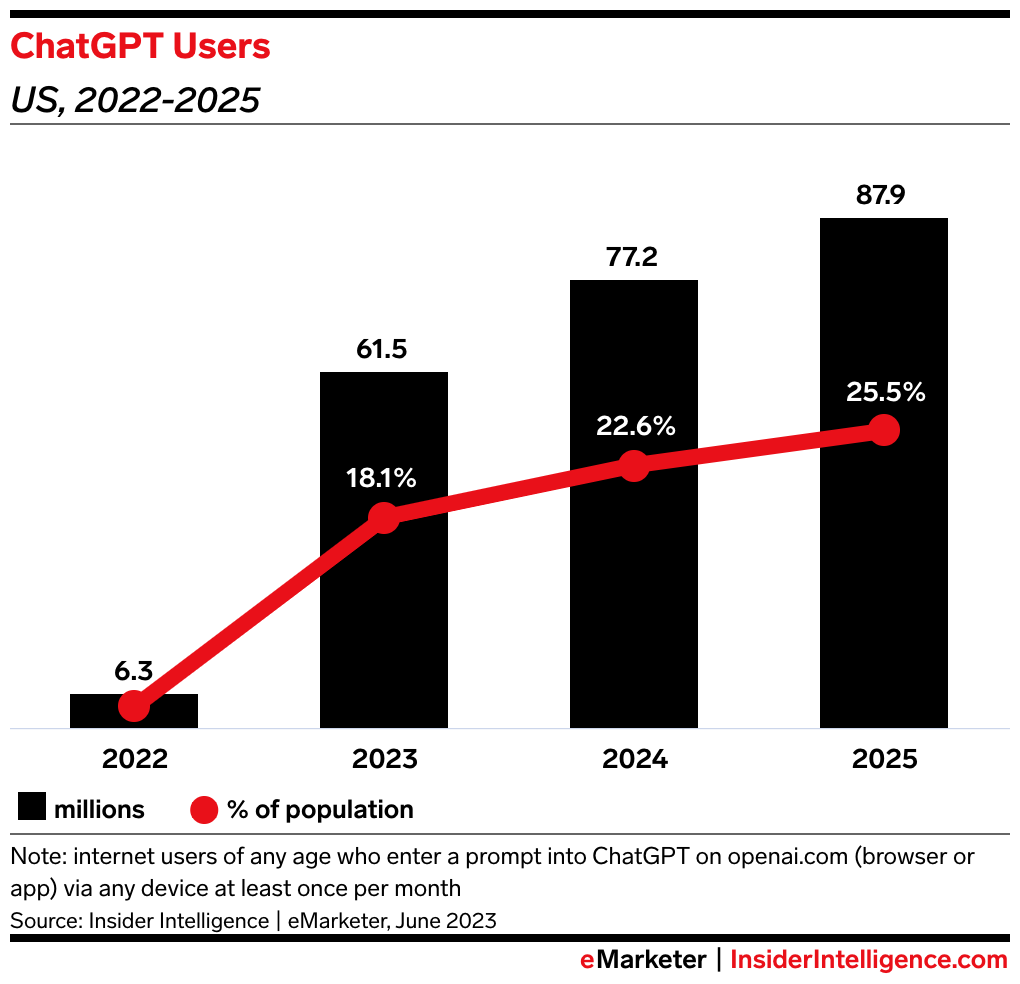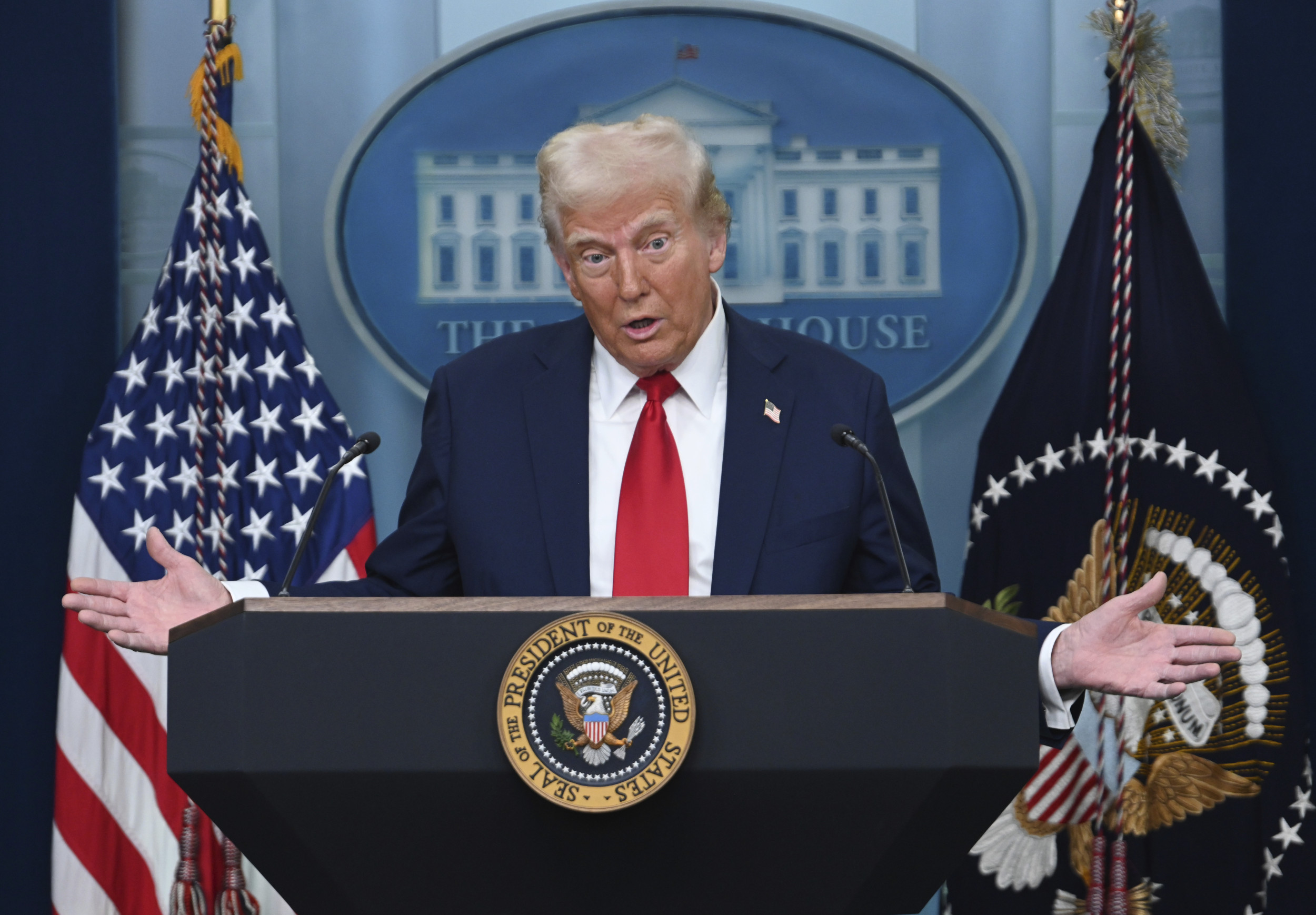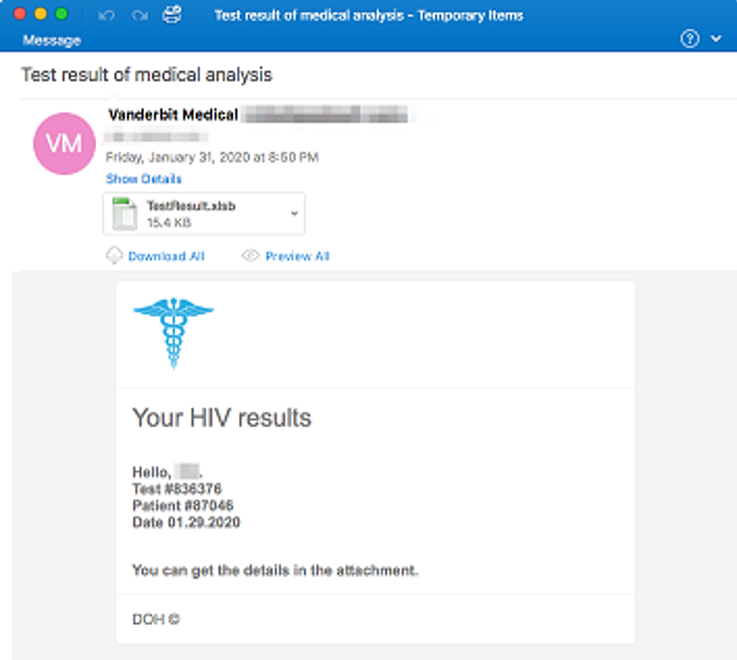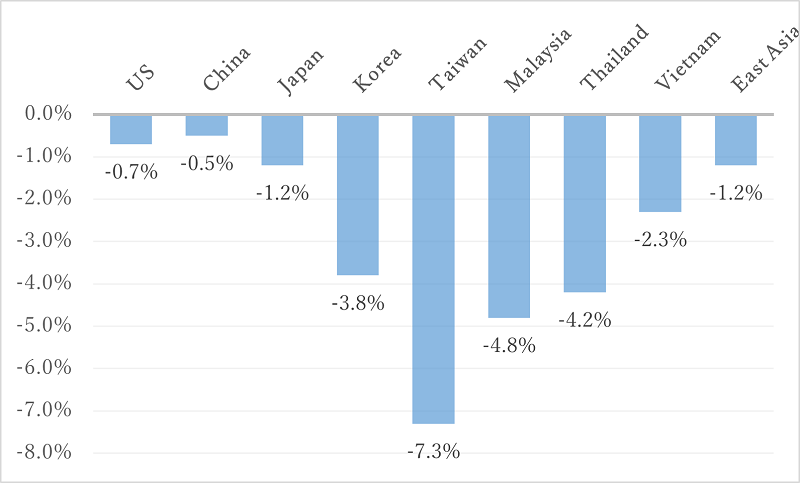OpenAI's ChatGPT: The FTC Investigation And Its Potential Impact

Table of Contents
The Nature of the FTC Investigation into OpenAI and ChatGPT
The FTC, tasked with preventing unfair or deceptive business practices, has launched an investigation into OpenAI, focusing on potential violations related to ChatGPT. The investigation stems from concerns about several key areas: the potential for misleading statements about ChatGPT's capabilities; the collection and use of personal data; the possibility of bias and discrimination embedded within its algorithms; and the risks associated with the spread of misinformation generated by the technology.
Specifically, the FTC's investigation likely involves examining potential violations of several laws and regulations. This includes the Children's Online Privacy Protection Act (COPPA), which governs the collection of data from children online, and the California Consumer Privacy Act (CCPA), which provides California residents with specific rights regarding their personal information.
- Allegations of misleading statements about ChatGPT's capabilities: Concerns exist about whether OpenAI adequately disclosed the limitations of ChatGPT and its potential for inaccuracies.
- Concerns about the collection and use of personal data: The investigation will likely scrutinize OpenAI's data collection practices and whether they comply with existing privacy laws. The vast amounts of data used to train ChatGPT raise questions about user consent and data security.
- Potential for bias and discrimination in algorithmic outputs: AI models like ChatGPT can reflect biases present in the data they are trained on, potentially leading to discriminatory outcomes. The FTC will likely assess whether OpenAI has taken sufficient steps to mitigate bias.
- Risks associated with the spread of misinformation generated by ChatGPT: ChatGPT's ability to generate convincing but false information poses a significant risk, and the FTC may investigate OpenAI's role in addressing this issue.
Potential Impacts on the AI Industry
The FTC investigation into OpenAI and ChatGPT could have a profound impact on the entire AI industry. Increased regulatory scrutiny may create a chilling effect on AI innovation, as companies become more hesitant to invest in potentially risky technologies. The investigation could also lead to significantly increased compliance costs for AI companies, necessitating investments in legal counsel, data security infrastructure, and bias mitigation strategies.
Furthermore, the outcome of this investigation could pave the way for stricter regulations and guidelines for AI development and deployment. This could include mandatory audits, transparency requirements, and stricter liability standards for AI-related harms.
- Increased legal and compliance burdens: Companies will need to invest heavily in ensuring compliance with evolving regulations.
- Slowdown in the pace of AI innovation: Fear of regulatory penalties may stifle innovation and experimentation.
- Need for greater transparency and accountability in AI systems: Companies will be expected to provide clear explanations of how their AI systems work and address potential biases.
- Re-evaluation of data handling practices: AI companies will need to reassess their data collection and usage practices to ensure compliance with data privacy laws.
Implications for Data Privacy and Consumer Protection
The FTC investigation highlights the crucial importance of data privacy in the context of large language models like ChatGPT. The investigation could lead to stronger data privacy protections for users, potentially influencing the development of more robust data security measures and greater user control over their personal information. Increased accountability for data breaches and improved transparency in data usage practices are also likely outcomes.
The investigation's impact on consumer trust in AI-powered technologies is equally significant. If the FTC finds OpenAI's practices deficient, consumer confidence in AI could suffer, potentially hindering the adoption of beneficial AI applications.
- Enhanced data security measures: Companies will be compelled to adopt more robust security protocols to protect user data.
- Greater user control over personal data: Users will likely have greater ability to access, correct, and delete their personal data.
- Increased accountability for data breaches: Companies will face stricter penalties for data breaches and failures to protect user information.
- Improved transparency in data usage practices: Clearer and more accessible information about how user data is collected and used will be required.
OpenAI's Response and Future Outlook
OpenAI has publicly stated its commitment to responsible AI development. In response to the FTC investigation, OpenAI is likely to prioritize bolstering its data security measures, investing in AI safety research, and collaborating with regulators to establish industry best practices. Proactive steps to address concerns regarding data privacy and algorithmic bias will be critical for mitigating the risks identified by the FTC.
The investigation’s outcome will likely influence industry-wide changes in AI development practices. We may see a shift towards more responsible and ethical AI development, with greater emphasis on transparency, accountability, and user privacy.
- OpenAI's commitment to responsible AI development: OpenAI will likely emphasize its efforts to develop and deploy AI responsibly.
- Potential for increased investment in AI safety research: Further investment in researching and mitigating the risks of AI is expected.
- Collaboration with regulators to establish best practices: OpenAI will likely work with regulatory bodies to establish industry standards for ethical AI development.
- Proactive measures to address concerns regarding data privacy and bias: OpenAI will need to demonstrate its commitment to addressing these concerns through concrete actions.
Conclusion: Understanding the Significance of the FTC Investigation into OpenAI's ChatGPT
The FTC investigation into OpenAI's ChatGPT has significant implications for the future of AI. The investigation's potential impacts extend beyond OpenAI, affecting the entire AI industry, data privacy regulations, and consumer trust in AI technologies. The outcome will likely shape the development of robust regulatory frameworks that promote responsible AI development while fostering innovation.
To stay informed about the evolving landscape of AI regulation, follow the progress of the FTC investigation and engage with discussions surrounding responsible AI development. The future of OpenAI's ChatGPT and the broader AI landscape hinges on a commitment to ethical considerations and the establishment of robust safeguards to ensure the safe and beneficial use of AI technologies. Further reading on data privacy laws and AI ethics is encouraged to fully grasp the implications of this significant development.

Featured Posts
-
 Ceos Sound Alarm Trump Tariffs And Economic Uncertainty
Apr 26, 2025
Ceos Sound Alarm Trump Tariffs And Economic Uncertainty
Apr 26, 2025 -
 Covid 19 Pandemic Lab Owners Guilty Plea For Fake Test Results
Apr 26, 2025
Covid 19 Pandemic Lab Owners Guilty Plea For Fake Test Results
Apr 26, 2025 -
 Decade Long Pause Ends Construction To Begin Again On Worlds Tallest Abandoned Building
Apr 26, 2025
Decade Long Pause Ends Construction To Begin Again On Worlds Tallest Abandoned Building
Apr 26, 2025 -
 Us China Trade War Impact Dow Futures And Economic Outlook
Apr 26, 2025
Us China Trade War Impact Dow Futures And Economic Outlook
Apr 26, 2025 -
 The Visuals Of Sinners Exploring The Cinematography Of The Mississippi Delta
Apr 26, 2025
The Visuals Of Sinners Exploring The Cinematography Of The Mississippi Delta
Apr 26, 2025
